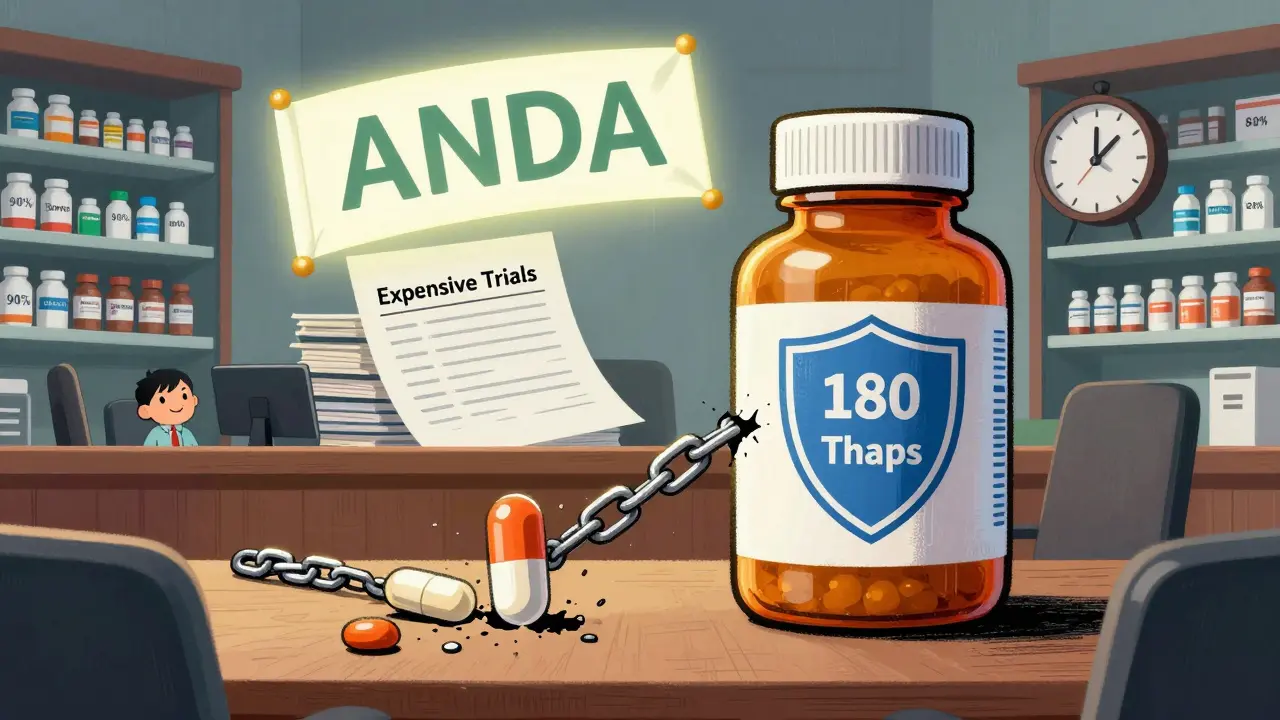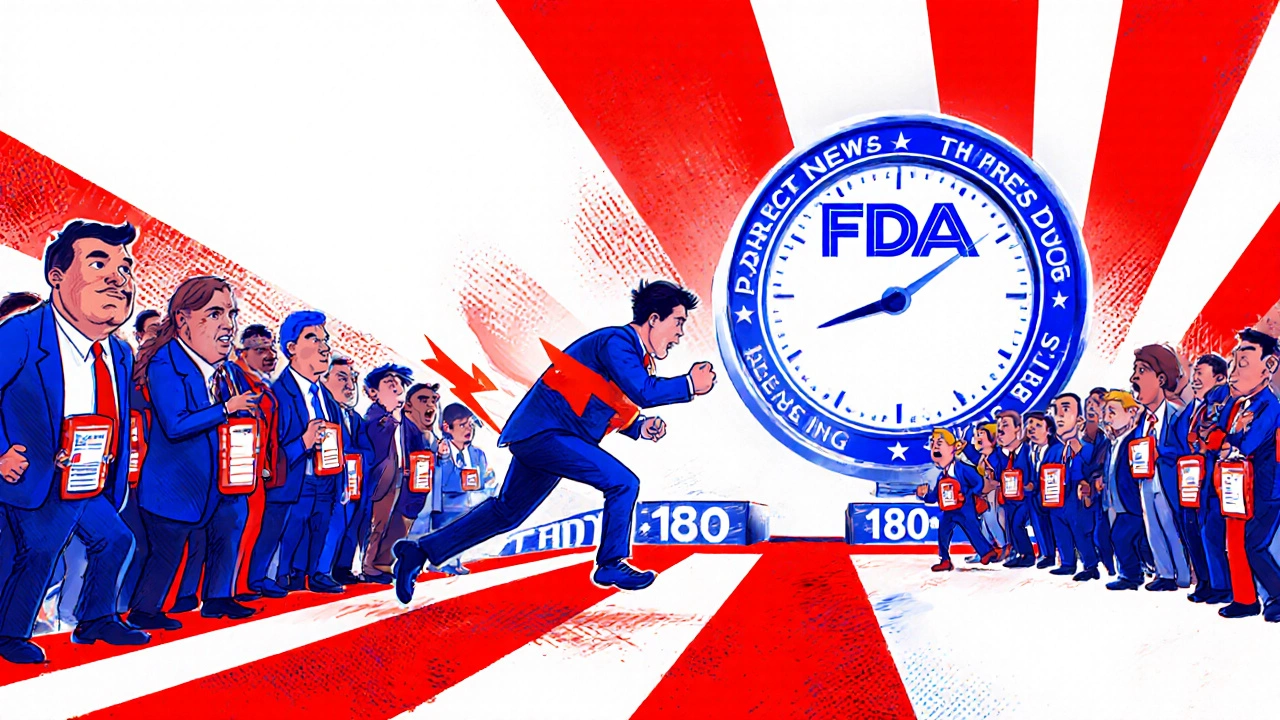When you pick up a generic pill at the pharmacy and pay a fraction of what the brand-name version costs, you’re seeing the result of the Hatch-Waxman Act, a 1984 U.S. law that created the modern system for approving generic drugs while protecting brand-name drug patents. Also known as the Drug Price Competition and Patent Term Restoration Act, it’s the quiet engine behind most of the savings you’ve seen on prescriptions over the last 40 years.
This law didn’t just make generics legal—it made them practical. Before 1984, companies had to run full clinical trials for every generic version, which was too expensive and slow. The Hatch-Waxman Act let generic makers prove their drugs were bioequivalent to the brand-name version, skipping costly human trials. That’s why today’s generics work the same, cost less, and are approved by the FDA with the same safety standards. But it wasn’t all one-sided. The law also gave brand-name companies extra patent time—up to five years—to make up for the time lost during FDA review. This trade-off kept innovation alive while opening the door for competition.
Today, the Hatch-Waxman Act still shapes everything from when a drug like Eliquis or Keytruda loses its patent protection to how fast a generic version hits shelves. It’s the reason you can now get generic versions of blockbuster drugs without waiting years. It also connects directly to how pharmacists distribute Medication Guides, how the FDA enforces bioequivalence testing, and why your doctor can confidently suggest switching from a brand to a generic. Without this law, the drug market would look completely different—more expensive, slower to change, and far less transparent.
Below, you’ll find real-world examples of how this law plays out in today’s prescriptions—from patent expirations that slash prices to the conversations you should have with your doctor about generics. These aren’t abstract rules. They’re the reason your insulin, your blood pressure med, or your antidepressant costs what it does today.

The Hatch-Waxman Act of 1984 created the legal pathway for generic drugs in the U.S., balancing innovation and competition. It cut approval costs, spurred generic entry, and saved over $1.7 trillion in healthcare spending.
read more
First generic approval gives a company 180 days of exclusive rights to sell the cheapest version of a brand-name drug, driving down prices and improving access. Here's how it works and why it matters.
read more